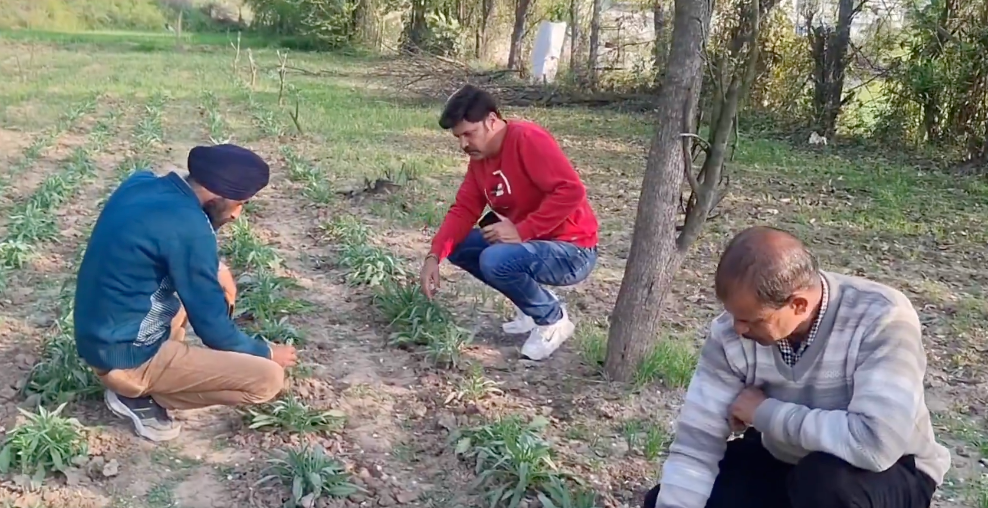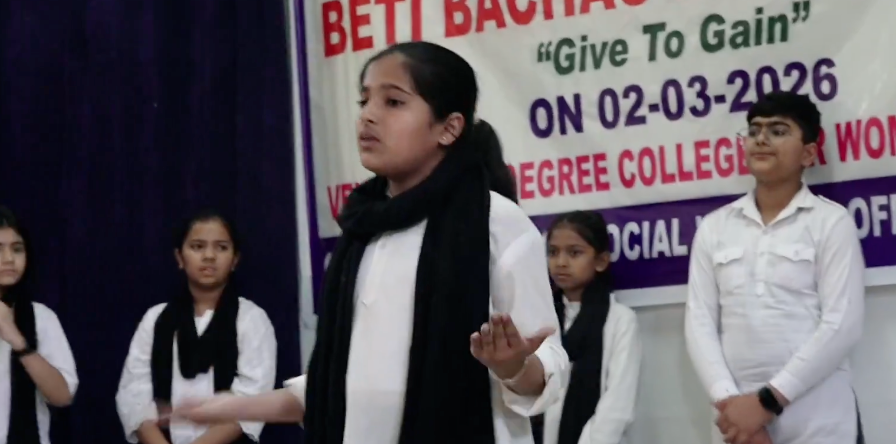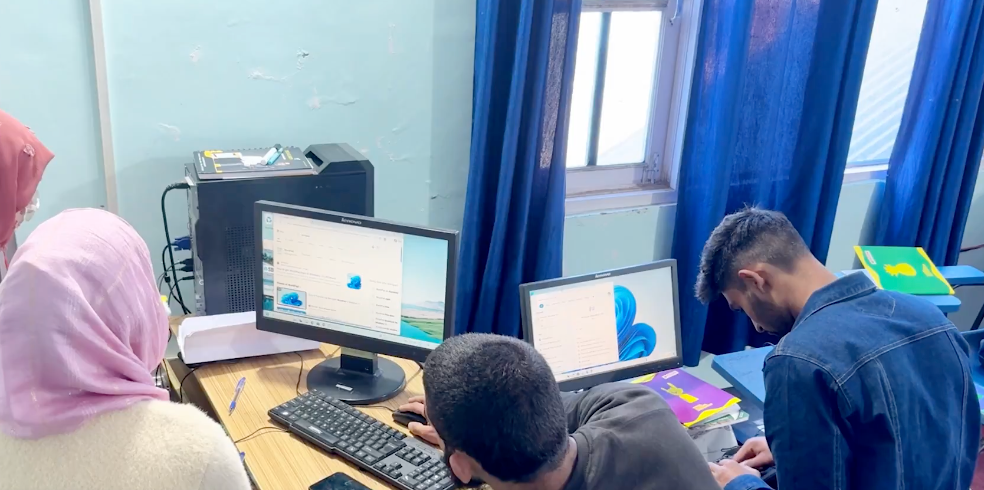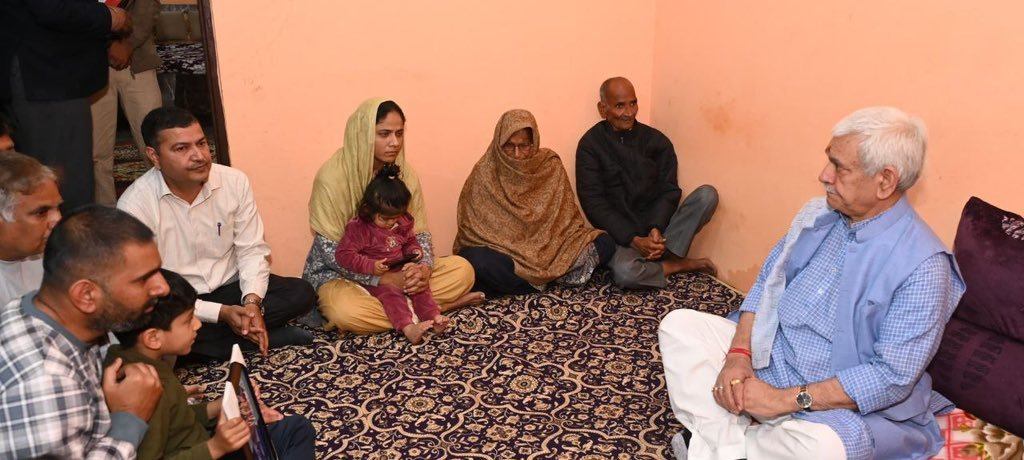Srinagar, November 7, 2025 – In a landmark directive aimed at curbing the escalating threat of stray dog attacks, the Supreme Court of India has ordered the immediate removal of stray dogs from critical public spaces, including educational institutions, hospitals, public sports complexes, bus stands, depots, and railway stations. The ruling, passed on Friday, extends nationwide and emphasizes proper fencing to prevent re-entry, while prohibiting public feeding in these areas. The decision comes amid a surge in dog-bite incidents, particularly affecting vulnerable groups like children and the elderly.A three-judge bench comprising Justices Vikram Nath, Sandeep Mehta, and N.V. Anjaria, hearing a suo motu case on stray animal management, underscored the “alarming rise” in attacks across India. “Permitting the same [dogs] would frustrate the very purpose of liberating such institutions from the presence of stray dogs,” the bench observed, directing that captured dogs be sterilized, vaccinated, and relocated to designated shelters—never returned to the original sites.
The court has mandated states and Union Territories to identify affected premises within two weeks and secure them with boundary walls or fencing within eight weeks. Local municipal bodies and panchayats must appoint nodal officers for surveillance and conduct periodic inspections for at least three months, reporting compliance back to the apex court. Additionally, the National Highways Authority of India (NHAI) and state governments have been tasked with clearing stray cattle and animals from highways and expressways, housing them in shelters to reduce road accidents. This pan-India expansion builds on an earlier August 11 order focused on Delhi-NCR, triggered by a Times of India report highlighting child victims of stray attacks. The bench also reiterated the enforcement of Animal Birth Control (ABC) Rules, 2023, barring individuals or organizations from obstructing municipal drives, while designating specific feeding zones outside sensitive areas.
Srinagar’s Persistent Stray Dog Crisis Echoes National Concerns
The Supreme Court’s intervention resonates deeply in Srinagar, where residents have long battled a rampant stray dog population, fueled by unchecked garbage dumps and inadequate sterilization efforts. Over 6,000 dog-bite cases were reported at Srinagar’s Shri Maharaja Hari Singh (SMHS) Hospital in the past year alone—averaging more than 17 incidents daily—with several fatalities linked to rabies. Areas like Press Colony, Bhoerkadal, Khanyar, Eidgah, Nawakadal, Dalgate, and Rainawari have become hotspots, with packs chasing commuters, joggers, and schoolchildren, often leading to injuries and disrupted routines.In September, a 6-year-old girl, Rehmat Ashraf, suffered severe facial injuries from a stray dog attack outside her home, with reconstructive surgery yielding limited success. Similar horrors unfolded when a compounder at a Rainawari medical shop was bitten, sparking protests, and a Bemina man crashed his motorcycle while fleeing a pursuing pack. A single day in April saw 44 bites, including eight from a suspected rabid dog, prompting calls from Jammu and Kashmir Peoples Conference Youth President Mudasir Karim for urgent administrative action. Residents blame the Srinagar Municipal Corporation (SMC) for sluggish progress, with sterilisation limited to 10-15 dogs daily at its Shuhama center—far below the estimated population surge.
“Unattended garbage and open dustbins serve as breeding grounds,” lamented local Mushtaq Ahmad, echoing expert views on waste management as a root cause. Animal welfare advocates, like Dawood Mohammad of a Srinagar rescue center, push for humane measures like scaled-up ABC programs, warning against culling. The national order could catalyze change in Srinagar, where locals urge the Jammu and Kashmir administration to seek region-specific enforcement, mirroring Delhi’s policy. “Human lives matter too—we need swift, coordinated action before more tragedies,” said a Dalgate resident. Health experts warn of strained anti-rabies clinics and rising disease risks if unaddressed.The matter is listed for further hearing on January 13, 2026, with the court seeking detailed compliance reports. As India confronts this public health emergency, the directive underscores a balance between compassion for animals and safety for citizens.










